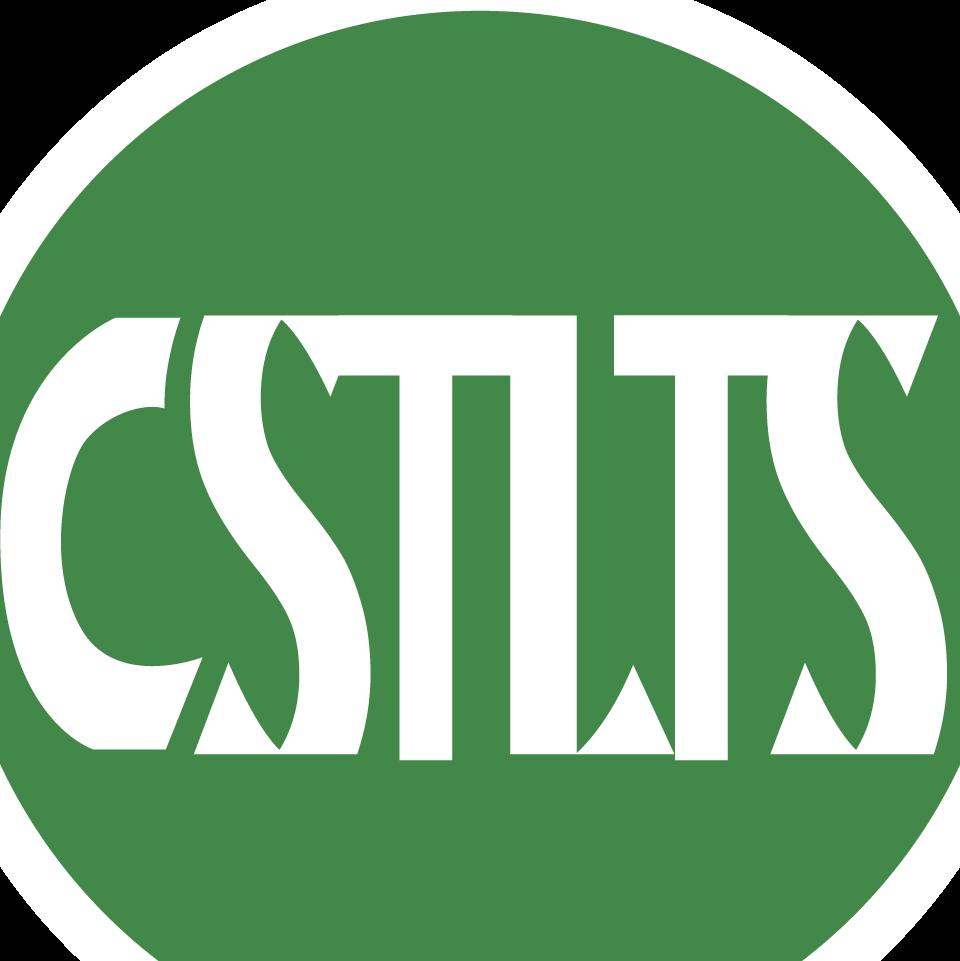CSTLTS
CENTER FOR STATE, TRIBAL, LOCAL, AND TERRITORIAL SUPPORT

CENTER FOR STATE, TRIBAL, LOCAL, AND TERRITORIAL SUPPORT
All training participants will receive a certificate for completing the training (for anyone seeking CEU’s)
The purpose of this program is to strengthen the quality, performance, and infrastructure of Tribal public health systems.
MENTAL WELLNESS
Prioritizing mental wellness means addressing tough topics with compassion and understanding. This includes suicide prevention, crisis intervention, and promoting cultural awareness. By opening honest conversations and supporting one another, we create stronger, more resilient communities where healing and hope can thrive. Let’s break the stigma and uplift each other—mind, body, and spirit.
SUICIDE PREVENTION
CRISIS PREVENTION
CULTURAL AWARENESS
NATIVE PARENTING

Training: Adult Mental Health First Aid
Training Type: By Request, In-Person
Training Website: https://www. mentalhealthfirstaid.org/about/
Course Description: Many factors shape a person’s experience with mental health or substance use disorder. Trauma, stigma, and culture can impact a person’s journey through recovery and well-being. Adult Mental Health First Aid is a course that teaches you how to identify, understand and respond to signs of mental health and substance use disorders. The training gives you the skills you need to reach out and provide initial help and support to someone who may be developing a mental health or substance use problem or experiencing a crisis.
Training: Talk Saves Lives
Training Type: By Request, In-Person, Virtual Website:
Course Description: Talk Saves Lives is an introductory communication education presentation about suicide prevention developed by the American Foundation for Suicide Prevention (AFSP). Talk Saves Lives is designed for a broad range of community audiences, with the goals of increasing suicide awareness and empowering participants to offer help to people who may be at risk of suicide. It includes research on the causes and risk factors for suicide; information about effective prevention; and how participants can identify persons at risk and offer help.
Training: Safety-Care Core Curriculum
Training Type: By Request, In-Person, Hybrid Training Website: https://qbs.com/safety-carecrisis-prevention-training/
Course Description: Safety-Care (Core Curriculum) is a training program for staff working with children, adolescents, or adults who may exhibit challenging or dangerous behavior. The focus in Safety-Care is on prevention, safety, and humane, supportive, evidence-based interventions. Attendees will learn how to help prevent behavioral crises and how to respond if a crisis does happen.
Training: Safety-Care for Families
Training Type: By Request, In-Person, Virtual Training Website: https://qbs.com/safety-carecrisis-prevention-training/
Course Description: Safety-Care for Families is an adapted version of our Safety-Care curriculum, designed to provide parents, family members, and other stakeholders working with behaviorally challenging individuals in a home or home-like setting. The Safety-Care for Families curriculum consists of four 2½ hour sessions. The first two are in larger lecture format and are intended for anyone who provides support in a home setting. The second two involve more physical skills and are trained in a smaller group for individualized instruction. Participants can be trained in as many of the sessions as are needed but must be taken in order.
Training: Positive Indian Parenting Training Type: By Request, In-Person, Virtual (Direct Services/Clients)
Website: https://www.nicwa.org/about-pip/
Course Description: Positive Indian ParentingPositive Indian Parenting (PIP) is an 8-week minimum course that has been used for over 35 years and remains popular today because the teachings are timeless. Historically, we had rich teachings that helped children grow up safe with strong families. Colonization threatened those teachings—our Native families were being separated, there were not any parenting curriculum based in traditional practices, and traditional practices were at risk of being lost. PIP was developed in the 1980s to fill this void.

